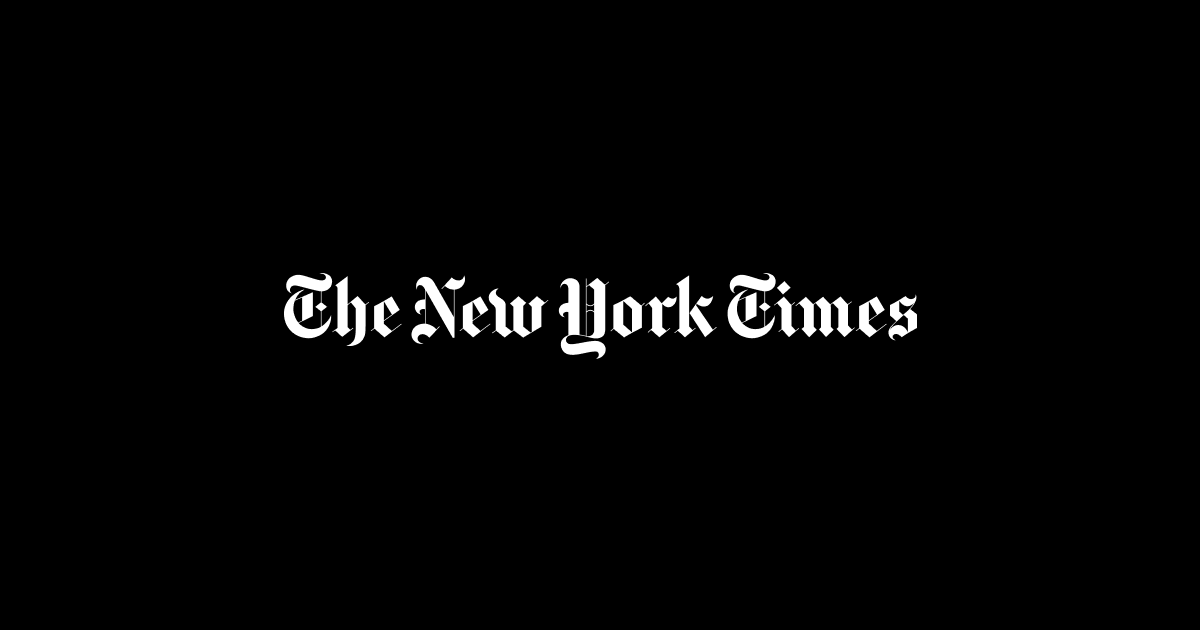Russia’s central bank went in the opposite direction to much of the rest of the world, cutting its interest rates by 1.5 percentage points to 8 percent on Friday, even lower than before the country invaded Ukraine.
The bank said inflation in the country, which stood at 15.9 percent last month from about 17 percent in May, was slowing in the country due to “damped” consumer demand and the strength of the ruble, which hit the bullseye last year. highest point in seven years against the dollar. month. The rate cut was bigger than economists had expected.
Since the Russian invasion of Ukraine in February, energy and food prices around the world have soared as the war disrupted exports of wheat and other commodities, while countries can no longer be assured of the security of Russia’s natural gas supplies. In response, major central banks have raised interest rates in increasingly large increments in an effort to curb future price increases. On Thursday, the European Central Bank raised interest rates for the first time in more than a decade.
But in Russia, following a burst of inflation immediately after the invasion, price increases have slowed and the economy has not experienced as substantial a decline as expected due to Western sanctions. The central bank has more than reversed the 10.5 percentage point rate hike it introduced at the start of the war to 20 percent. In the short term, slowing inflation has created room for the bank to cut interest rates, but the long-term outlook for the Russian economy is bleak.
Although business activity did not slow down as much as the bank had expected last month, “the external environment for the Russian economy remains challenging and continues to significantly limit economic activity,” the central bank said in a statement on Friday. Companies are still struggling with manufacturing and logistics amid a sharp drop in imports as sanctions cut Russia off from much of the rest of the world.
The bank predicts that the economy will shrink between 4 and 6 percent this year, much less than it initially expected just after the outbreak of the war. But the challenges to the economy will come from the supply side, as companies are constrained by the effect of sanctions and the extent to which they can change their supply chains and the slow replenishment of inventories of finished and raw goods. There is little monetary policy to support this.
The bank predicted that Inflation is expected to be between 12 and 15 percent by the end of the year.
But it said the path of the economy would be determined by fiscal policy. If the government budget were to be expansive, monetary policy might need to tighten to keep inflation on track to return to the bank’s inflation target of 4 percent.

